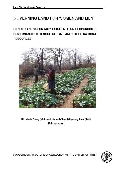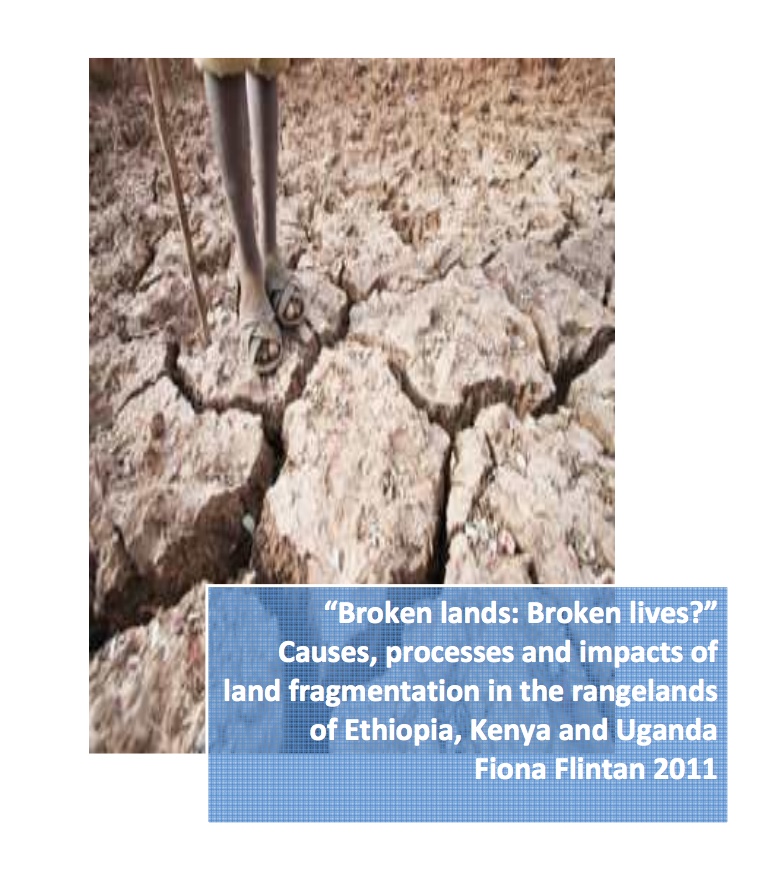New COHRE Report - Living under threat but with nowhere to go
You can find below, attached, a new report from the Centre On Housing Rights & Evictions (COHRE) - Asia on women's land and housing rights in Phnom Penh. Authors identify 11 recommendations for the Royal Government of Cambodia and 7 for NGOs. The report is based on a survey of 742 women interviewed, representing approxitemely 10 percent of the affected families in 74 communities threatened with forced evictions in Phnom Penh.






